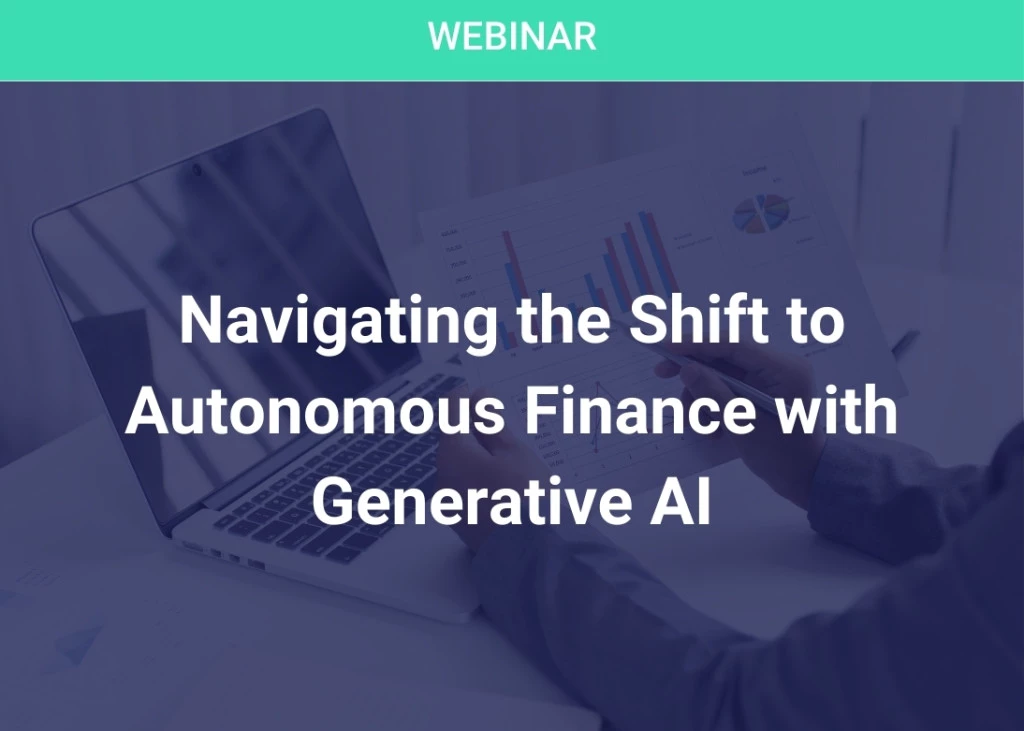The Millennial Secret: How to win them over by playing them at their own game
Add bookmarkHow to use "gamification" or game psychology to get your teams enthusiastic about learning
Companies like BP once faced a 23% attrition rate in its Budapest GBS centre. Today, that ratio is down to 9%.
One of the solutions, explains Jamie Anderson, Head of Global Business Services (GBS) Europe, was an innovative approach to training staff, with ‘engagement’ a core feature.
“Recognizing that we are operating in an age of ‘individuals’, we decided to leverage this characteristic as a core strength of our training,” explains Jaime.
What makes this approach so successful is that it was specifically designed around the preferences of the ambitious Millennial demographic. Given that Millennials are mobile-enabled and work best with app-type communications and visual queues, BP adopted ‘gamification’ as a way to engage its team more successfully – and so, Fuel Station Ville was created. The internal learning game allows staff to earn credits and ‘virtual money’, as well as improve the location of service stations, when they reach specific training and engagement milestones.

“Basically, it means our employees can take charge of their own progress and development through challenging learning exercises,” says Jamie. “It’s about developing conscious career planning for our team.”
What set this innovative training approach off was the recognition that traditional classroom training doesn't meet the requirements of today's workforce: "Through gamification, we've been able to design development plans that are traceable, and that our staff actively enjoy,” Jamie says. “To date, around 1,000 of our people are using Fuel Station Ville in Budapest – and we plan to extend that to our global GBS team in future."
[inlinead]
BP has a clear set of values that express what it believes, how it aims to behave and what it aspires to be as an organisation. When looking at employee engagement and with BP’s values in mind, the GBS leadership asked its people their views. “We asked what it’s like to work for us today, and what our people wanted it to be like, when we are at our very best,” explains Jamie. “Once we gained that insight, we were able to plan how to develop our people – both in Hungary and across our global population.”
Career mapping and identifying desired skill-sets formed the basis of the new approach. “We also wanted to emphasise the tremendous career opportunities within the broader BP group. We don't want to lose someone after just two years on the job. So part of what we do, when we sit down with potential recruits, is manage their expectations by telling them it's probably going to be more like five years on the job,” says Jamie.
“Managing expectations is really important. We emphasise that this is a long-term opportunity and that we have clear career paths and opportunities. We want to avoid losing people that we are investing in. And it is clearly paying off."
Fuel Station Ville also connects staff to BP’s business. The game provides opportunities to improve individual service stations. As employees progress, the station moves from the country into town, and they can develop strategies to grow the business in their allocated area, for example by adding coffee shops or carwashes. “It's a way of learning more about what BP does, our business and growth, while at the same time developing their own role within that business.”
“Fuel Station Ville has been very successful, mainly because it allows us to state, clearly, what development looks like, in an engaging way. Millennials, in particular, react very well to this approach”, explains Jamie.
Also read: The "Gig-economy" – what are you doing about it?











